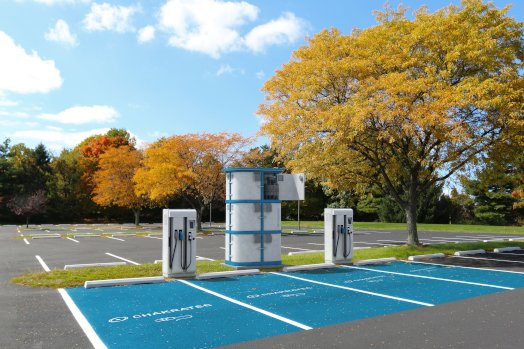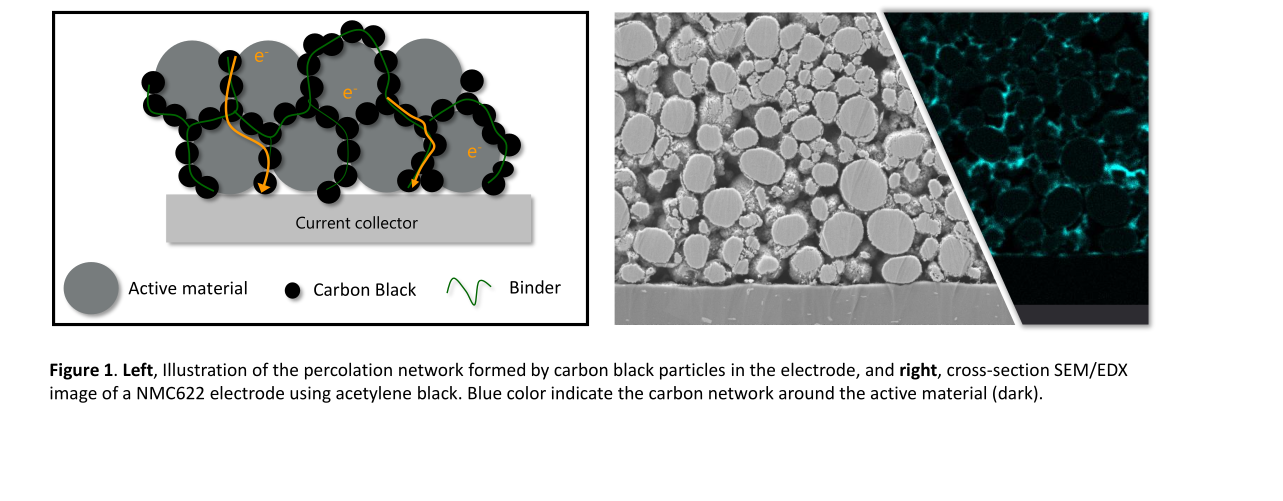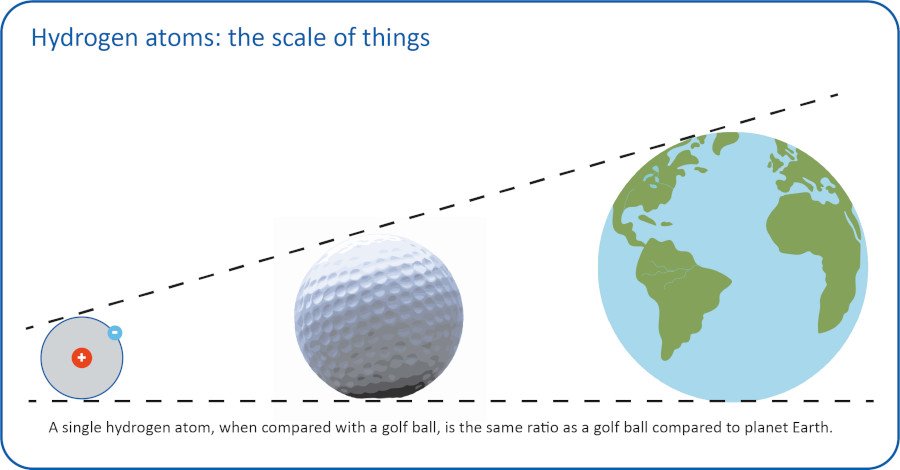In 1900, one in three cars on American roads ran on electricity. Then oil began gushing out of Texas. Cost and worries about limited range have kept electric vehicles (EV’s) in a niche ever since. In a decade or so, EV’s will rule the streets once more. And this time gushing oil will not prevail.

Getting warmer…
The main cause for global warming is the rising levels of greenhouse gases in the atmosphere. The transportation sector alone, is responsible for 14% of this pollution directly. In order to mitigate this alerting phenomenon, we must reduce these emissions drastically in the next coming years from being based on fossil fuels to electric motors and other non-polluting fuels.
An EEA (European Environmental Agency) report confirms that the greenhouse gas emissions of electric vehicles, are about 17-30 % lower than the emissions of petrol and diesel cars.
In 2018, 4 million EV’s were recorded worldwide. Most of them in China, USA and Europe (mainly Norway).
By 2030, 100 million EV’s will hit our roads. This raises challenging energy, infrastructure and economic issues.
EV Mass adoption factors
As I see it, there are three main adoption factors that will accelerate this revolution:
Price: We see these days many governments subsidizing EV’s and giving consumer incentives to go electric. When the price of electric cars will be equal (or cheaper) than ICE cars we will witness greater adaption of EV’s.
Driving range: “Range anxiety” is a buzz phrase that is sounded often these days – and if you ask me – this is completely understandable. I had the “privilege” to drive an EV that had 20 km left on its battery – not fun. We see that the Car makers are aware of this, and most of the new models can do 350-500 km on a single charge.
Charging time: Drivers are used to wait no longer than 5 min to fill up their ICE cars. The EV industry will need to align with this time frame. Today fast charging takes between 20-30 min, and this cannot be done anywhere.
The EV charging challenge
Short EV charging times are achieved by using high power chargers (150 kW, 350 kW and more). To date, fast and ultra-fast EV chargers can only be installed where enough grid power is available (i.e. near high voltage lines – transmission grid).
This leaves most roads without viable or cost-effective EV fast charging solutions, creating high entrance barriers for EV access in those areas. Upgrading infrastructure entails enormous costs, and lengthy periods of time, due to tedious bureaucratic approval and rejection processes.
The solution – local energy storage
To overcome these challenges, there is a need to add local energy storage for grid support of fast charging. Did you ever ask yourself why we have a flush tank in our toilets? Well, there is not enough current in our pipes, so, the flush tank charges slowly from the pipes, stores it, and then we FLUSH on demand. This is exactly the same with energy storage for fast charging.
The thing is with these specific storage systems, is that they need to withstand multiple daily high power cycles (around 20). The use of chemical (Lithium) batteries is feasible, but the multiple charging cycles shorten their life-span. This leads to frequent battery replacements, making this a costly and dismally environmentally polluting solution.
As electrical vehicle sales rise, there is an urgent and intensifying need for cost-effective, sustainable, fast EV charging solutions. This is where Chakratec comes in.

Chakratec – Boosting eMobility Anywhere
Chakratec has developed a unique kinetic energy storage technology, which enables unlimited high power charge and discharge cycles. Utilizing our proprietary Kinetic Power Booster technology, Chakratec facilitates the deployment of fast charging stations anywhere, including locations with a weak grid.
Our multi-patented technology stores the electricity as kinetic energy in a fast-rotating flywheel. This technology presents two major advantages:
•Unlimited high-power charge and discharge cycles (more than 200,000) without degradation over the full system lifetime of 20 years
•The non-chemical flywheel is a sustainable and reusable system, as opposed to toxic and polluting chemical batteries
The amount of cycles that our system can withstand, provides a very low cost per cycle compared to the systems that are common today (mainly Li-ion and other chemical batteries).
We are currently working with leading energy providers and automotive companies, including Wien Energie in Austria, Enel X in Italy and SKODA in the Czech Republic – in advanced pilot stage and are looking for more partners and projects.
To conclude, energy storage is a key enabling technology when it comes to fast and ultra-fast EV charging.
Other than the fact that it is an enabling technology, it also provides the following benefits to the charge point operator, utility and EV driver:
- Reduces charging times and lowers customer “range anxiety”
- Improves grid stability and defers infrastructural upgrades to the utility
- Creates a better business case for EV owners and charging stations
- Reduces demand charges incurred by the customer
- Reduces the carbon footprint of the charging station
Accessible fast charging infrastructure is crucial and can enhance EV adoption rate substantially.
Chakratec is literally ready to “BOOST” this transition – ANYWHERE.
Nir.zohar@chakratec.com Chakratec.com
About Chakratec
Founded in 2013,
Chakratec is a privately held company. Chakratec is led by three co-founders,
all having served in C-level positions in public companies.
We are located in Israel, in one of the world’s most innovative environments.
Our systems are deployed in Austria, Italy, and the Czech Republic, with
leading energy and automotive companies in advanced pilot stage.
We are proud to have been awarded a number of significant industry recognized prizes, including the prestigious 2017 eMove 360 and the 2018 ENREL award.
About the author – Nir Zohar (Co-founder, VP Business development, Sales and Delivery @Chakratec)
Nir is a Business, Sales, Delivery and Operations Leader with extensive experience in multinational project execution and management. Prior to founding CHAKRATEC he held several senior executive positions at Starhome and Comverse, in the last of them he served as VP of Global Operations, Delivery and Customer Support. Nir served together with his founding team members in the 8200 unit of the IDF. He holds an MBA and a B.Sc. EE from Tel-Aviv University.







